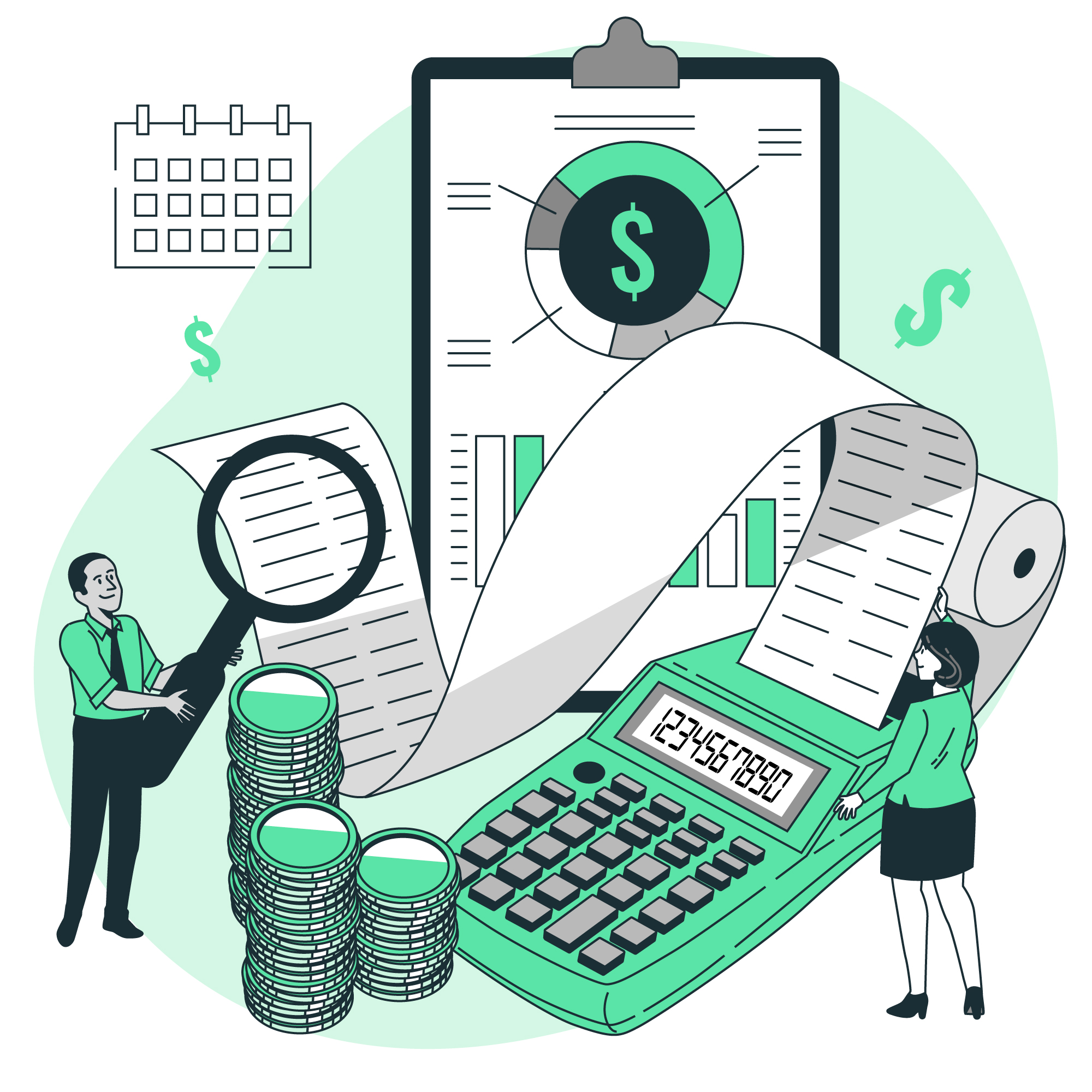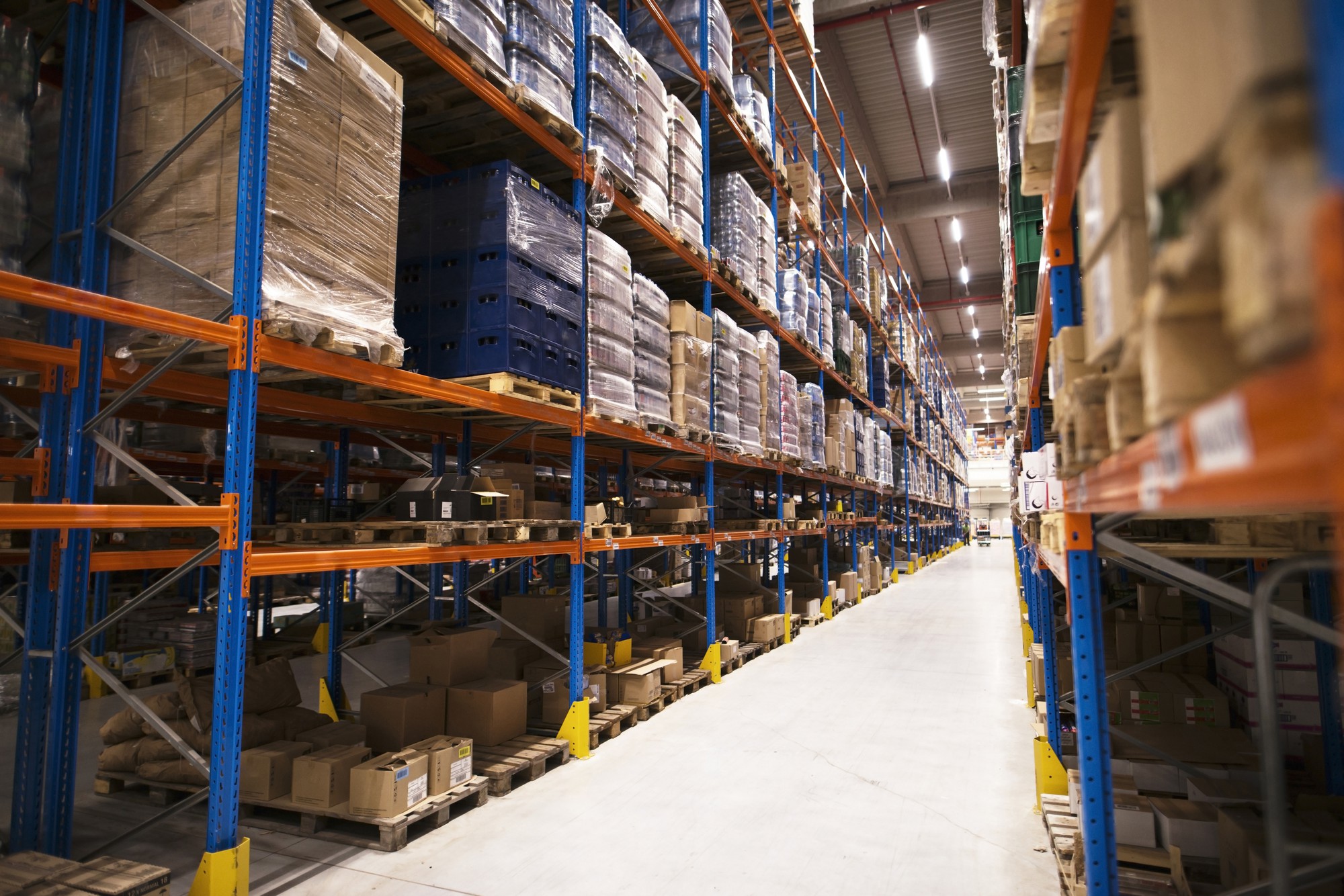
How Tariffs and a Wobbly Stock Market Could Shake Up Real Estate
Let’s talk about what everyone’s whispering (or panicking) about—tariffs, a rollercoaster stock market, and how all this could mess with (or maybe help?) the real estate market.
In early April 2025, the U.S. imposed some hefty new tariffs on imports from various countries. The goal? Support American industries. The result? Wall Street had a mini meltdown, and now everyone’s watching how this all might impact housing.
The Stock Market = Jumpy
Real Estate = Curious
The stock market didn’t take the news well. On April 3rd, the Dow dropped a jaw-dropping 1,679 points—the biggest single-day fall since 2020. Not to be left out, the S&P 500 and Nasdaq also tumbled. Investors, naturally, are nervous about where this all leads.
Meanwhile, the real estate world is standing by, saying, “Okay… how does this affect us?”
Let’s break it down:
1. Construction Costs Are Climbing
So, here’s the deal: New tariffs on imported building materials like steel, aluminum, and even lumber are shaking up construction costs across the country. But in Los Angeles, the impact hits a little harder.
Why? Because we’re already dealing with limited space, high demand, and some of the priciest building regulations in the country. Now add on an average $9,200 increase per new home (according to the National Association of Home Builders), and you’ve got a recipe for… well, even higher home prices.
That extra cost doesn’t just magically disappear. It usually gets passed on to the buyer. So, whether it’s a sleek new development in Downtown LA, a townhome in Culver City, or a modern build in the Valley, expect price tags to keep climbing.
And if you’re thinking, “Well, I’ll just wait for more homes to pop up,” here’s the kicker: Builders may actually slow down new projects because of these added costs. Less inventory + high demand = more competition (and more over-asking bids).
Building in L.A. Just Got Pricier, And That’s a Problem After the Fires
Many communities in and around LA, especially in areas like Malibu, Topanga, and parts of the Valley, are still in various stages of rebuilding. These tariff-driven price hikes are a major setback for homeowners trying to recover and for developers trying to rebuild responsibly.
The demand for fire-resilient construction is rising, but so are material prices. That makes it harder and more expensive to build. But what the market is looking for are homes that are safer, smarter, insurable, and up to code.
Less building, higher prices, and limited supply? Yep, that means more competition for existing homes and even steeper prices in new developments.

2. Real Estate as a Safe Haven?
Here’s the upside: When the stock market gets shaky, real estate starts to look like the calm in the storm. Investors are already shifting funds from stocks into homes.
There has been a resurgence in investment lending within the housing sector, with annual growth reaching its fastest pace since 2022. This trend suggests that residential property is becoming an attractive option for those seeking refuge from the unpredictable stock market.
Why? Bricks and mortar feel a lot more stable than stocks bouncing up and down like a bouncy house. In the long term, real estate always tends to be more stable than stocks.
3. Could Mortgage Rates Drop?
Yes, maybe! We can’t predict the future. But historically, when markets panic, investors flock to safer places like U.S. Treasury bonds. This increased demand can drive down yields, potentially resulting in lower mortgage rates. So, even with rising home prices, lower rates could help buyers afford more (or at least stay in the game). It’s like one hand gives while the other takes away.
Some experts believe that declining mortgage rates could enhance housing affordability, partially offsetting the impact of higher construction costs.
4. Commercial Real Estate? Feeling the Pinch.
The tariffs have raised concerns about a potential slowdown in international trade, which could affect demand for commercial properties, particularly warehouses and distribution centers. Warehouses and distribution centers might be in for a bumpy ride. If trade slows, companies won’t need as much storage space. Big names like Prologis are already seeing their stock slip. So, if you’re in the commercial space, it’s time to keep a close eye on global trade trends.

What About Buyers?
Tariffs could also lead to higher prices on everyday goods. When groceries, gas, and gadgets get more expensive, people naturally spend less. Especially on big-ticket items like homes. The National Retail Federation is already predicting a slowdown in consumer spending for 2025. Buyers may just hit “pause” until the dust settles.
So, will people still buy homes? Yes! But maybe more cautiously. Some will jump in to grab low mortgage rates. Others will wait out the storm. Either way, real estate isn’t crashing—but it’s definitely adjusting.
Impact on the Housing Market
The housing market is experiencing mixed signals amid these economic shifts. On one hand, mortgage rates have slightly declined due to market volatility, potentially making home loans more affordable. Additionally, housing inventory has increased, providing buyers with more options and potentially leading to more favorable pricing.
Conclusion
The implementation of broad tariffs by the U.S. government has introduced significant uncertainty into financial markets and the broader economy. While the real estate sector may experience both positive and negative effects, stakeholders should closely monitor ongoing developments. Potential increases in construction costs and shifts in investment strategies underscore the importance of staying informed and adaptable in this evolving landscape.
While certain factors, such as lower mortgage rates and increased housing inventory, may encourage home purchases, the overall economic uncertainty stemming from recent tariff implementations and stock market volatility is likely to make consumers more cautious. This caution could lead to a slowdown in major expenditures, including real estate transactions, as individuals await a more stable economic environment.
Bottom line: If you’re in the market (buying, selling, or investing), stay informed, stay flexible, and maybe stock up on popcorn. This show isn’t over yet.
Want help navigating the market in these wild times? Let’s chat—I’m happy to break it down with you.

 Facebook
Facebook
 X
X
 Pinterest
Pinterest
 Copy Link
Copy Link
